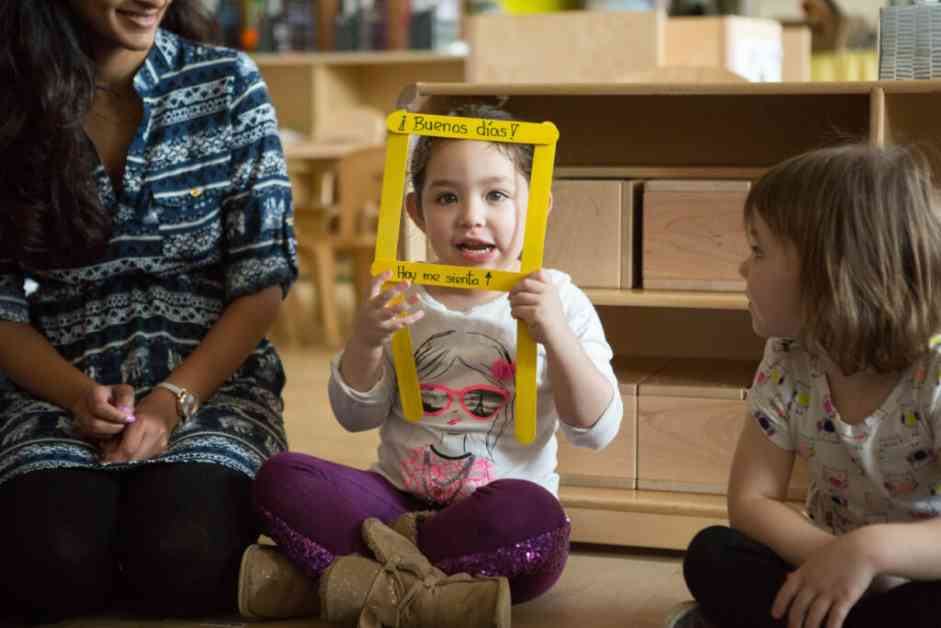In Paula Merrigan’s transitional kindergarten class, the students build a strong bond with her because of her warmth. She greets them with a big smile every morning, works with each child one-on-one, and shows them praise, hugs, and affection. Merrigan believes that caring for students is just as important as teaching them. When children feel cared for, they are more likely to succeed in their studies.
Small acts of kindness, like welcoming children into school, listening to their stories, and incorporating their interests into the curriculum, can make a big difference in a child’s school experience. Separation anxiety is common among young students, and feeling comfortable at the beginning of their schooling can set the tone for their academic journey.
Experts emphasize the importance of creating a nurturing environment in schools, especially in light of the challenges brought on by the pandemic. A strong emotional connection between adults and children can help students overcome obstacles and feel motivated to learn. Teachers play a crucial role in making students feel welcome and cared for in the school environment.
Despite its importance, not all teacher preparation programs cover emotional needs as extensively as they should. Building strong relationships with students can be a secret weapon in addressing chronic absenteeism and promoting student well-being. Children who feel connected to their teachers are more likely to attend school regularly and engage in their learning.
Paula Merrigan’s personal experience with her son highlights the impact of teacher-student relationships on a child’s well-being and academic success. By prioritizing emotional validation and creating a supportive classroom environment, teachers can help students thrive in school. Ultimately, caring teachers can make a significant difference in a child’s school experience and overall well-being.




















